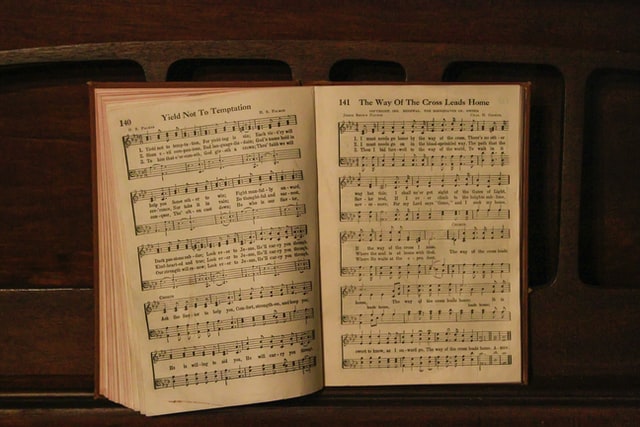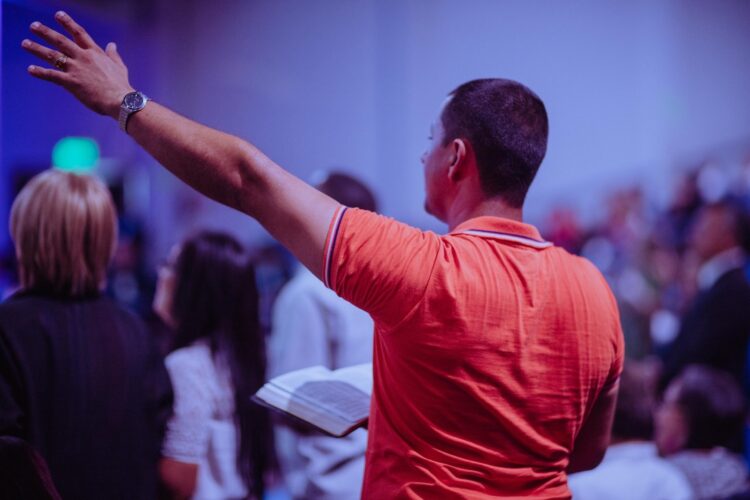The issue of pain and suffering is an age-old problem for those who defend the truth of the Biblical faith. In my apologetic text, The Biblical World View, an Apologetic, I seek to deal with this comprehensively. The problem is summarized in Archibald McLeish’s JB, a modern take on Job who argues, “If God is God (omnipotent) he is not good. If God is good he is not God (omnipotent). From Augustine, we have the classic free will defense. This is embraced by C. S. Lewis in his classic The Problem of Pain. Basically, the idea is that the choice of our ancestors brought about a fallen world with terrible suffering, but God in his goodness and wisdom beyond our full comprehension uses this for the discipline of the human race and as the context by which he can bring forth a redeemed community for which it will all be worth it in the end. Actually, the intellectual case is quite good.
However, one important matter is beyond the intellectual case. This is a psychological issue. The real issue with the problem of evil is that people are not able or willing to believe in a good and loving God (though He is also a God of judgment for the wicked) if there is so much pain and suffering in the world. Sometimes this response is awakened by a teenager coming into his or her first crushing disappointment. Though Augustine in the 5th century gave us our most accepted defense of the Biblical view, most of history does not show Christians and Jews wrestling with pain and suffering. Generally, they saw themselves in a fallen world and saw their own sins as so glaring that they did not expect to not see pain and suffering. Somehow living with pain and suffering seemed fitting to them. They did not see themselves as having a right to a good life without suffering. What is amazing about this history is that until the mid 19th century this problem was not much of a focus and not a great question of faith struggle. People might struggle with universalism (all will be saved) or Unitarianism (difficulty with the logic of the Trinity) but not the problem of evil. I think it is connected to the theory of evolution and the delusion that there is a credible explanation for creation in atheistic evolutionary naturalism. A great book on the issue of moderns and the problem of pain and suffering was written by Timothy Keller, Walking with God through Pain and Suffering. Keller is brilliant in presenting us with the psychological issues and showing that especially in the more pampered and spoiled West, we respond to pain and suffering with outrage rather than with faith and resignation. C. S. Lewis makes a similar point by noting that surgery was done without anesthesia before chloroform was discovered and people of that time were in an age of faith! Previously it was thought that we did not have the right to avoid pain and suffering. Most people lost the majority of their children as children, and the life expectancy in the West was 45. Those who deal with struggling people dealing with this issue need to deal both with theology and psychology. This was so in my case where I had great mentors who were able to address both and help me through it.









